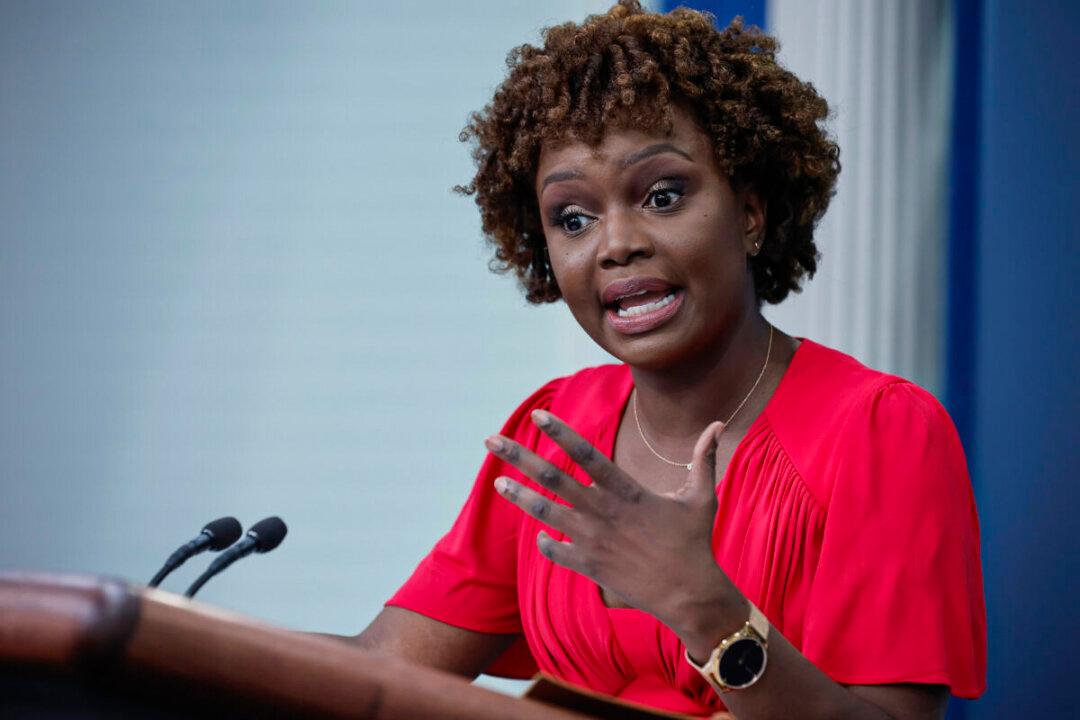President Joe Biden called for deep global engagement and a shared future in his first address since taking office before the United Nations Tuesday at the UN’s 76th General Assembly at its headquarters in New York City.
Biden told the room full of leaders the world is at an “inflection point in history” and nations must “work together like never before.” He called this a “decisive” decade for our world that will “quite literally determine our futures.”




